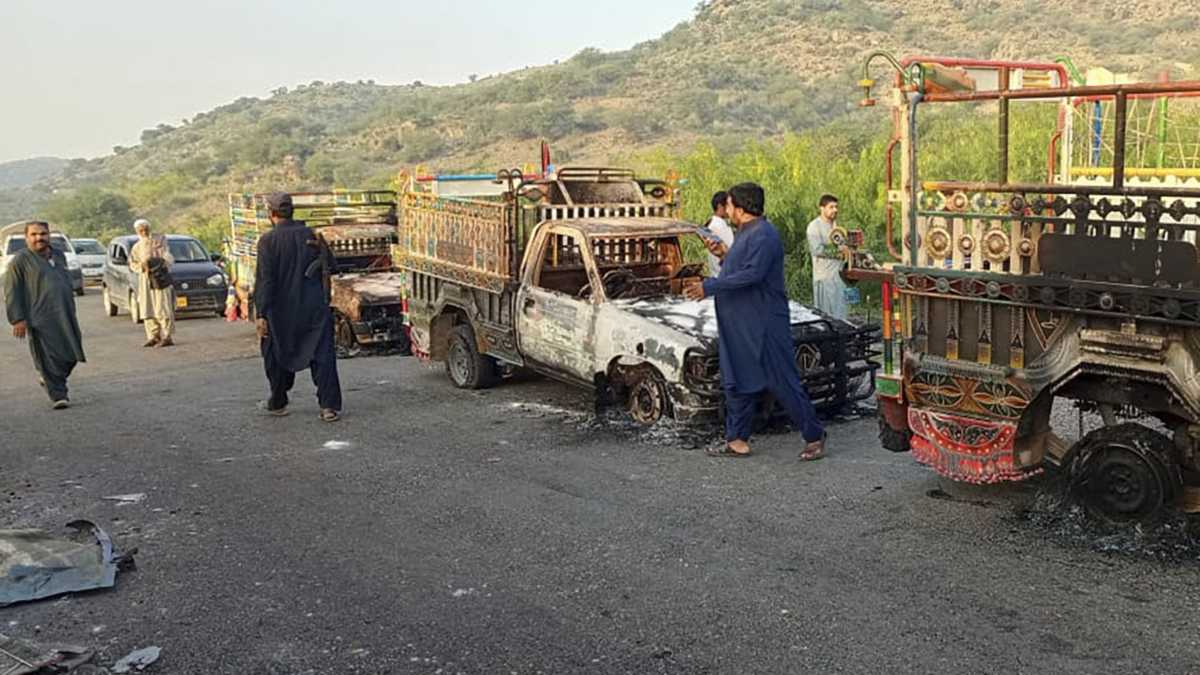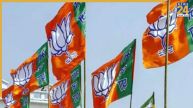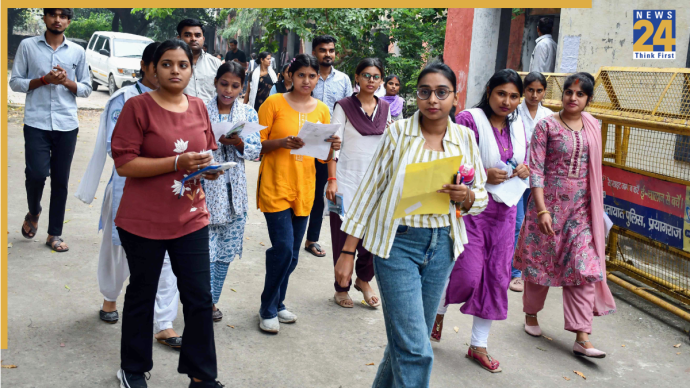More than 70 innocent civilians were killed in the restive Pakistani province of Balochistan on Monday, an old wound that had been bleeding since 1948 when the newly carved Islamic state took over the area amid violent protests and brutal crackdown. Separatist organization Balochistan Liberation Army has claimed responsibility for the latest attack, sending strong signals once again to the Pakistani establishment. It is not the first terrorist attack in the tribal area, but such incidents have increased in the last few years and have further escalated since the beginning of the construction work of Gwadar Port. People of Balochistan see the project as one more example of forcefully taking away their land and natural resources by dominating the Punjabi community.
Balochistan: Deep-Rooted Frustration
The recent attacks by the BLA are only symptomatic of the deep-rooted problems that have rocked Pakistan. Political observers believe terror attacks in Balochistan are violent reactions to the state repression and a strong undercurrent of Baloch nationalism, which Islamabad has failed to quell despite a brutal crackdown.
Balochistan Signs Instrument of Accession Under Bayonet
The trouble in Balochistan began even before the partition of India as the chieftain of Kalat, refused to merge this area into Pakistan. The British rulers apprehended an expansion of the Soviet Union and Muhammad Ali Jinnah was not happy with the “truncated” Muslim areas that he got and ridiculed as the “moth-eaten” one. The Pakistan Army entered Balochistan on March 26, 1948, and the Khan of Kalat signed the documents of accession the next day with a broken heart.
Baloch Wars of Independence
Prince Abdul Karim launched the War of Independence in July, but he and his men were defeated. Similar Wars of Independence were waged by Baloch nationalists in 1958-59, 1962-63 and 1973-77. The insurgency demanding a separate state of Balochistan was revived after the project of Gwadar Port had begun under the China-Pakistan Economic Corridor.
Pak Atrocities On Balochistan
The deep state of Pakistan came down heavily upon the insurgents, and abduction, extra-judicial killings, torture, rape, and arbitrary arrests led to widespread human rights. According to NGO Voice for Baloch Missing Persons, about 5,228 Baloch people have gone missing between 2001 and 2017.
Baloch Strikes in 19 States
Baloch nationalist elements retaliated and outfits like the Balochistan Liberation Army and the Balochistan Liberation Force were established to lead the insurgency against Pakistan establishment. In its report titled, ‘Pakistan Security Report 2023’, Islamabad-based NGO Pakistan Institute for Peace Studies, said the attacks were carried out in more than 19 districts. It spread to central, southern and southwestern parts of the province, and largely targeted security forces.
Balochistan: Political Disenfranchisement, Alienation
The people of Balochistan have a deep sense of political disenfranchisement and alienation as they find themselves isolated in the political, economic and social ecosystems dominated by Punjabis, where they have no say. Gwadar Port is being developed by China with a massive investment of billions of dollars, but the local people have not got employment, most of the jobs were given to Punjabis and Chinese nationals. Balochistan has huge deposits of natural gas and the people allege that they have not received anything from the natural resources exploited by Pakistan.
Pakistani state and its army have adopted the policy of suppression and refused to reach out to the insurgents and hold talks with them to address their problems.












